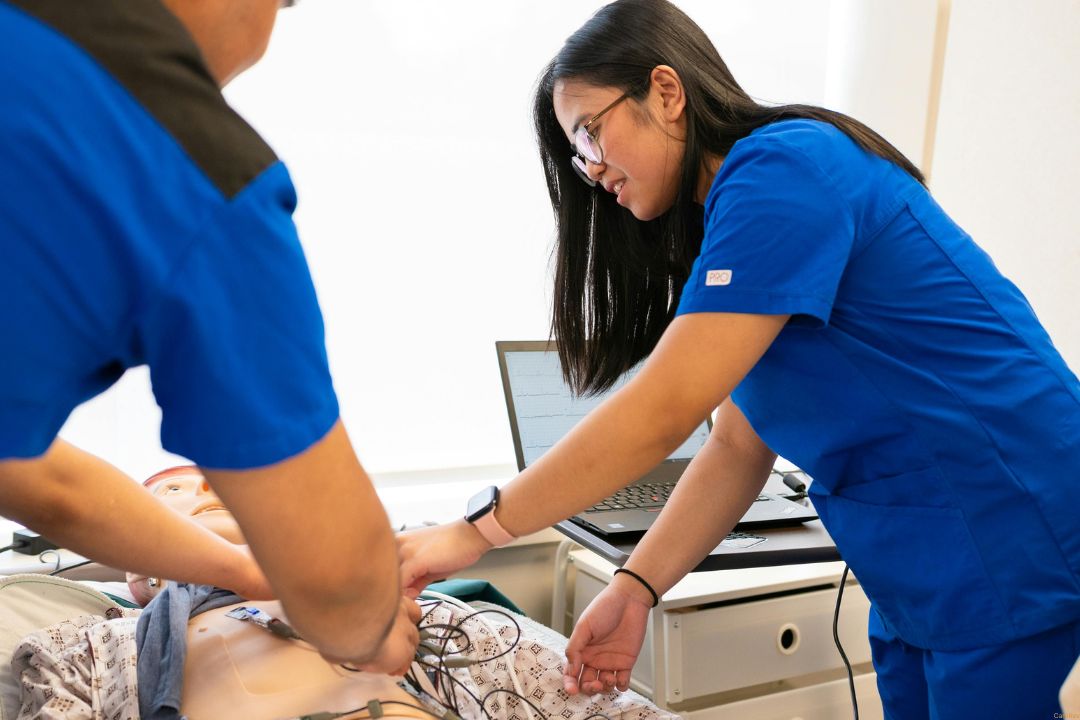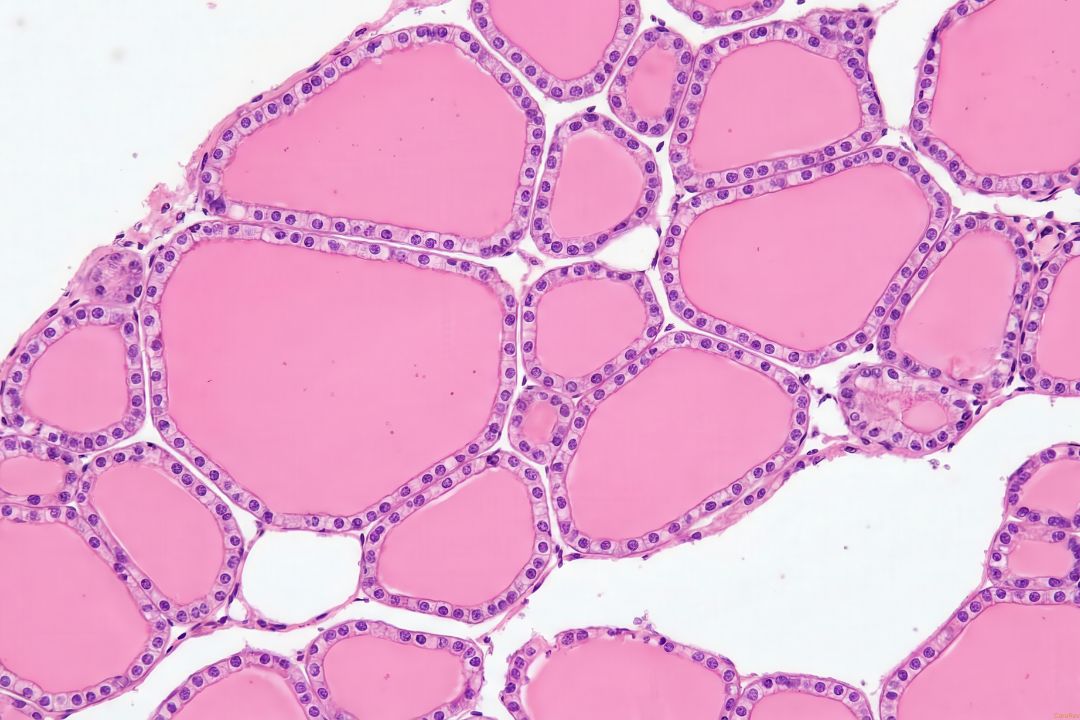
The demand for highly skilled nursing professionals continues to rise. As the industry evolves to meet the needs of an aging population, complex health conditions, and advancing technology, nurses are increasingly pursuing advanced degrees to enhance their knowledge and expertise.
Among these degrees, the Masters of Science in Nursing (MSN) stands out as a pivotal qualification that opens doors to a number of career opportunities and professional advancement. In this blog, we delve into the MSN degree, exploring its significance, core components, and the many paths it can lead you down.
What is a Masters of Science in Nursing (MSN) degree?
The Masters of Science in Nursing (MSN) is an advanced graduate degree designed to equip registered nurses (RNs) with specialized knowledge and skills for leadership, advanced clinical practice, education, research, and administration within the nursing profession. It serves as a pathway for nurses to expand their scope of practice, pursue leadership roles, and contribute to shaping healthcare policies and practices.
Are you a current nurse curious about exploring your MSN? Learn about BSN to MSN programs.
Core components of an MSN program
Advanced clinical practice
MSN programs offer specialized tracks or concentrations that allow nurses to focus on areas such as nurse practitioner, nurse anesthetist, nurse midwife, clinical nurse specialist, or nurse educator. These tracks provide in-depth training in advanced clinical skills, evidence-based practice, and patient management within a specific population or specialty area.
Leadership and management
Nursing leadership and management courses are integral to MSN programs, preparing nurses to take on administrative roles, lead healthcare teams, and drive organizational change. Topics covered may include healthcare policy, healthcare economics, strategic planning, quality improvement, and ethical decision-making.
Research and evidence-based practice
MSN programs emphasize the importance of research literacy and evidence-based practice. Nurses learn to critically appraise research findings, apply evidence to clinical practice, and conduct their own research studies to advance nursing knowledge and improve patient outcomes.
Interprofessional collaboration
With healthcare becoming increasingly interdisciplinary, MSN programs often incorporate coursework or experiences that promote collaboration with other healthcare professionals. This prepares nurses to work effectively within interprofessional teams and foster a culture of teamwork and communication in healthcare settings.
Career opportunities with an MSN degree
Advanced practice nursing
Graduates of MSN programs are eligible to pursue advanced practice nursing roles such as nurse practitioner, nurse anesthetist, nurse midwife, or clinical nurse specialist. These roles allow nurses to provide comprehensive care, prescribe medications, diagnose illnesses, and manage patient populations across the lifespan.
Nurse leadership and administration
MSN-educated nurses are well-equipped to take on leadership and administrative roles in healthcare organizations, including nurse manager, director of nursing, chief nursing officer, or healthcare executive. These positions involve overseeing nursing staff, managing budgets, implementing quality improvement initiatives, and shaping organizational policies.
Nurse education
MSN-prepared nurses have the opportunity to enter academia as nurse educators, teaching future generations of nurses in academic institutions, healthcare organizations, or professional development settings. They play a crucial role in shaping the next generation of nursing professionals and advancing nursing education.
Research and policy advocacy
With a strong foundation in research and evidence-based practice, MSN graduates can pursue careers in nursing research, policy development, and advocacy. They may work in research institutions, healthcare policy organizations, government agencies, or professional associations, influencing healthcare policies and practices at local, national, and global levels.
Is an MSN degree right for you?
In summary, the Masters of Science in Nursing (MSN) degree is a transformative educational experience that empowers nurses to excel in their careers, drive innovation in healthcare, and make meaningful contributions to patient care, education, research, and leadership.
Whether you aspire to become an advanced practice nurse, nurse leader, educator, researcher, or policy advocate, an MSN degree provides the knowledge, skills, and credentials to achieve your professional goals and make a positive impact in the ever-evolving field of nursing.





